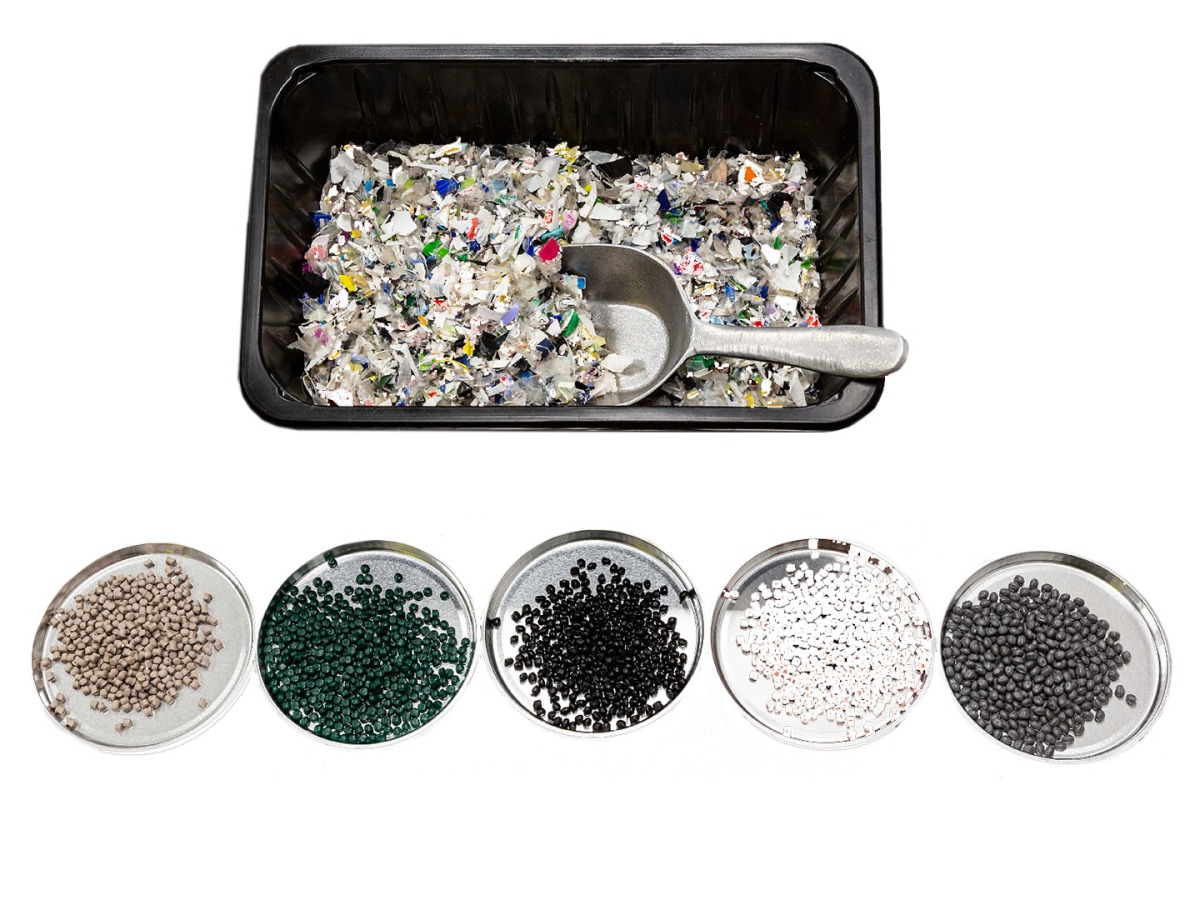Strong growth potential for the recycling & circularity of flexible plastics is set to continue
28.08.2023Installed plastic recycling capacity of flexible polyolefins experienced a notable growth of 8 % from 2018 to 2020, reaching a total of 2.7 million tonnes with estimated 200 recycling facilities, according to the latest study – this study is the second iteration of the market state of play report, which looks at the production, collection and recycling data to draw conclusions on the progress of the industry over the last two years. The full report can be found on the website:
Flexible Films Market in Europe: State of Play
 This capacity comprises of a large number of small to medium plants, averaging 10 000 tonnes, with the biggest facilities reaching over 40 000 tonnes.
This capacity comprises of a large number of small to medium plants, averaging 10 000 tonnes, with the biggest facilities reaching over 40 000 tonnes.
These positive developments were propelled by simultaneous improvements in the collection, sorting and recycling of flexible plastics which have led to the growing uptake of recyclates in a wider range of end applications.
Germany, Spain, Italy, Poland, and Benelux account for two-thirds of the total installed capacity with major growth registered in the countries with larger populations. In addition, the amount of recyclates in 2020 stood at an estimated 1.9 million tonnes, representing 17 % of the overall market demand for flexible films. Applications with the highest uptake of recycled material are heavy-duty sacks and garbage bags, representing 38 % of the total.
“Legislation will continue to be one of the key enablers of a smooth transition toward a fully circular economy for flexible plastic films,” commented Ton Emans, President of PRE and the Chair of the Polyolefin Films Working Group. “Moreover, value-chain collaboration is imperative and will determine the success of this transition,” he added.
Therefore, future market trends will be highly influenced by the proposal for the Packaging and Packaging Waste Regulation, which will be crucial in the decoupling of the recycled polymers’ prices from their virgin counterparts and bringing more legal certainty to the industry. Consequently, this will further drive investments in the flexible plastic sector.
For the industry to achieve the set targets, an incremental installed recycling capacity of 7 million tonnes for flexibles will be required by 2030. Turning this ambition into reality requires a holistic approach and continued improvements across all the steps of the value chain with improved design for recycling, collection and sorting efficiencies being key in boosting the supply of high-quality recyclates.


